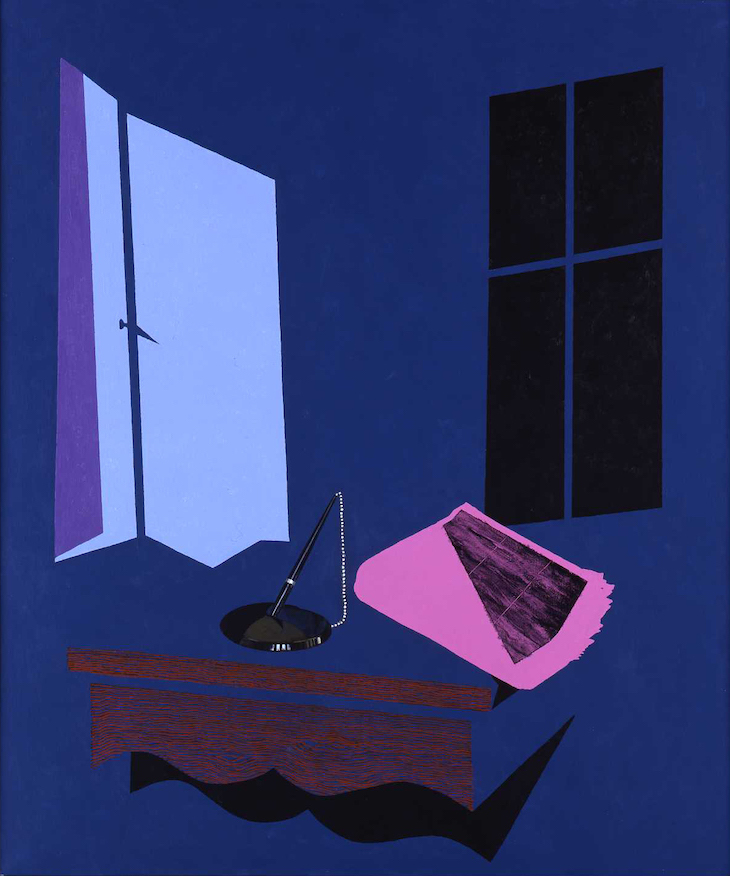With hundreds of exhibitions and events vying for your attention in London during Frieze week, Apollo’s editors pick out the shows they don’t want to miss
‘Péju Alatise: Memoirs of the Forgotten’ at Sulger-Buel Gallery (until 31 October)
Alatise’s recent sculptures are at once elegiac and defiant, lamenting the gradual decline of Yoruba traditions while offering hope of reverse, and renewal. This small but powerful solo show centres upon If Nigeria will not Wear her Own Cloth She Deserves to go Naked (2019) – a monumental frieze of acrylic on canvas, granite, and scorched wood. Reading from left to right, the geometric designs, referencing traditional textiles and vividly rendered in acrylic, are pared away to expose a barren, broken world – but read the other way, they tell a tale of redress. Work by the Nigerian artist will also be on show at Sulger-Buel’s stand at 1-54 Contemporary African Art Fair.
‘Joseph Beuys: Important Sculptures from the 1950s’ at Bastian (until 16 November)
This show of five sculptures from the 1950s, none of which has been displayed in the UK before, provides a rare insight into Beuys’s formative decade – before Fluxus, dead hares or conflabs with coyotes. Look out for the austere plaster-cast figures of The Couple (1952–53), and for Hammer for the Hard of Hearing (1959–60): a dried cod, hung beside a hammer of wood and glass, that anticipates Beuys’s later, shamanic explorations of the realm between nature and culture.
Hammer for the Hard of Hearing (1959–60), Joseph Beuys. Image courtesy BASTIAN, © Joseph Beuys Estate

‘Patrick Caulfield: Morning, Noon and Night’ at Waddington Custot (until 15 November)
Minutely observed details – the shadow of a pipe; a bouquet – and painstakingly rendered textures slip almost unannounced into Caulfield’s crisp, minimal compositions, giving the lie to the label of ‘Pop art’ that has often stuck to them. With rarely seen drawings and preparatory watercolours, this show promises a deeper understanding of how the British painter developed his subtle command of mood.
Evening Paper (1999), Patrick Caulfield. Waddington Custot, London




